Chemistry Tips for Winter to Make Your Life Easier

I have had many readers asking for this, so I wanted to make sure to create a good post you can use all winter. Chemistry tips for winter to make your life easier!
I’m fortunate enough to not have much winter weather to deal with, but every once in awhile, Texas has some pretty intense ice that makes life miserable. The picture above is our truck in snow a few years ago. If you follow me on Instagram, then you saw are little tiny snow flurry last week that lasted about 5 minutes!
Around Christmas and New Year’s, we had some of the coldest winter weather with ice and temperatures below 20.
About four years ago, we had an intense ice storm that left many people stranded for five or six days. So, we have definitely dealt with some winter weather over the years.
But the good news is, there are some simple science tips for winter to make your life easier!
Chemistry Tips for Winter to Make Your Life Easier
Make your Own Windshield De-icer
This is super handy to know! Create a mix of water and rubbing alcohol (It can be 2 cups of rubbing alcohol to 1 cup of water). Rubbing alcohol doesn’t freeze until -32 degrees F depending on how strong it is. This makes it great for a DIY de-icer. Spray on the windshield the night before to make the ice less, but then also spray it on 5 minutes before getting into the car to help ice melt faster. Rubbing alcohol is one of the best items for homemade uses ( like cleaning!).
DON’T use vinegar solutions for de-icing glass. I have seen many DIY solutions online using vinegar, and it can be harmful to glass. Vinegar is very acidic and can cause pitting to automobile glass surfaces. I had our truck’s back glass replaced after a tornado a few years ago, and the glass professional was telling me tips on taking care of automobile glass. He mentioned acids like vinegar were dangerous which is completely true!
Use Magnesium Chloride Instead of Sodium Chloride
If you deal with constant cold temperatures and ice, you can cause damage to concrete by using constant sodium chloride (regular table salt). It will eat away at surfaces overtime, so it is best to switch to something less harsh.
A safer alternative for driveways and sidewalks is magnesium chloride. This is also a salt, but less harmful and more effective for melting ice. You can buy it in large tubs too.
If your climate doesn’t have much ice, you can still use regular salt. We do in Texas because we only end up salting our driveaway once every few years.
Keep your Hands Warm
One of sciences neatest inventions is hand warmers. There are many types, but I think these reusuable ones are really awesome! This type of reusable one is microwavable. Bonus, you can also use it for cold later one.
The disposable ones use a scientific approach of water, salt, activated carbon, and iron to create heat. If you like this type of interesting information, here is an article about the science of hand warmers from Chemical and Engineering News.
Try Mittens Instead of Gloves
I did some research on this a few years ago, and mittens show to keep your hands warmer in cold weather. It produces more heat inside the mitten when your hands and fingers are all touching!
Mittens are harder to deal with, but if you have to be outside often, it is worth it!
Drink Water
This is an interesting fact, but the more hydrated you are, the better your body regulates temperature.
In the summer, it make sense to drink water to cool off, but it is equally true in the winter to warm up. When you drink cold water, your bodies core temperature rises. This can warm you up quickly when it is really cold outside!
I always seem to be extra thirsty in the winter too!
Be Aware of Carbon Monoxide Poisoning
My husband works in law enforcement, and believe it or not, this is a big deal in the winter. Carbon Monoxide, CO, is a deadly chemical that can be in your home during the winter especially in older homes with gas heating.
It is very serious for the elderly and young. Here is a post from the National Safety Council on preventing CO poisoning.
We have carbon monoxide detectors in our home, so I definitely recommend getting some if you don’t already.
And if you’ve got the winter blues, here are some articles to cheer you up!
- How to Stay Happy in the Winter (Even if You Hate It)
- How to Fall in Love with Reading Again
- Winter Reading List
- Winter Date Ideas
- Fun Winter Teas
Hope these tips help you stay warm this winter!






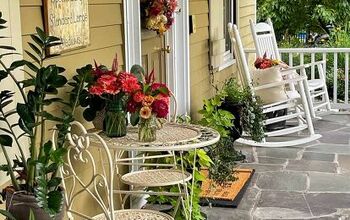

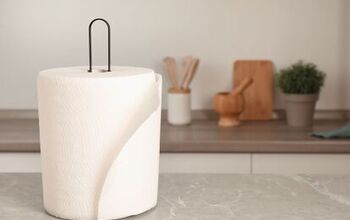

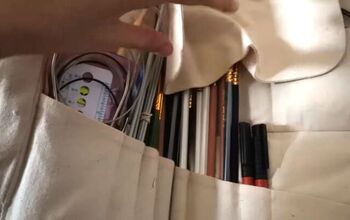

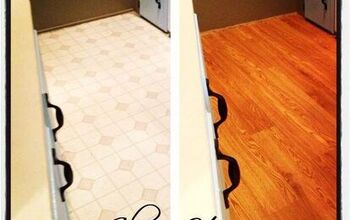
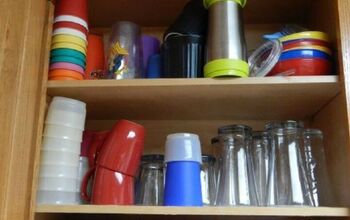



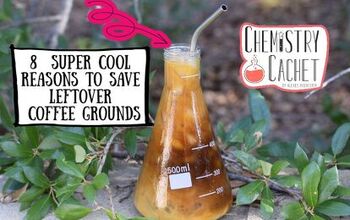


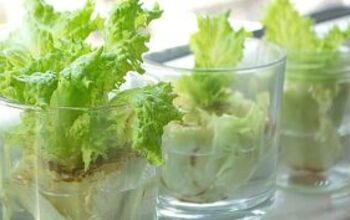


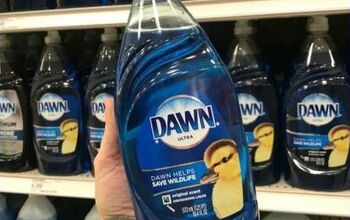
Comments
Join the conversation